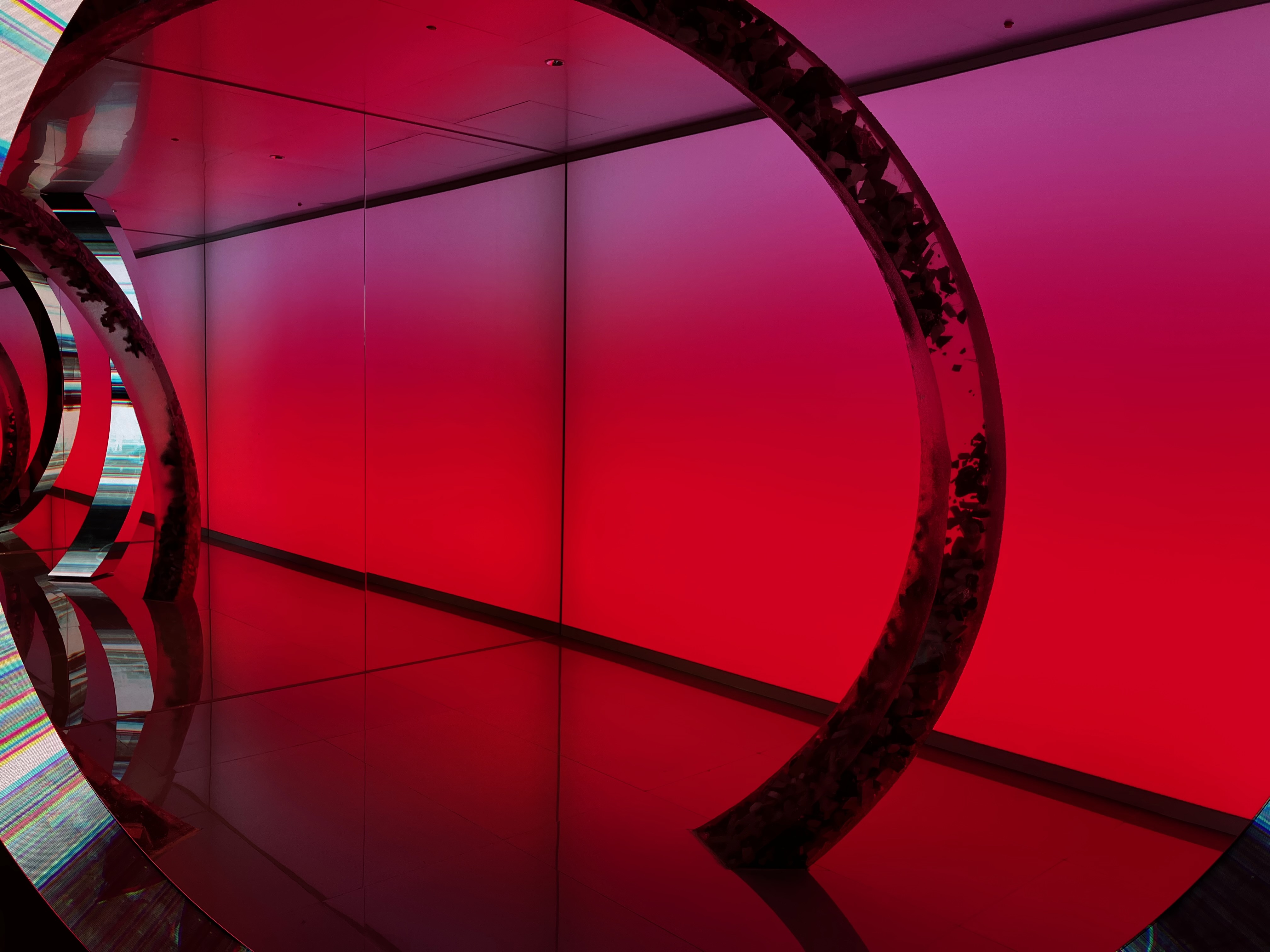A career planner

The pun gauge hit sixty percent after reading this post’s title.
I’ve had another period of pausing a little, being bored frequently, and becoming very stressed by news I read and the perpetual search for a job for the fall term.
Specifically, it always comes back to the problem of the generation that’s going to kill the generation — climate change, which I know is an old refrain already but still isn’t getting better — and in the past, I maybe focused too much on the obvious problems that also directly impact me (cars are annoying, living in a small town is inconvenient, retail stores encourage buying too many things, which contends with my philosophy of keeping all of my things in one room where I can see them all at the same time).
But I never looked inward at my own career path to figure out what needed changing. You know? My life is just starting now, so if I care so much about this issue, I should plan on doing something with that life that works to help solve the problem at hand.
So, earlier today, I popped out ChatGPT (hopefully for the last time, because ChatGPT is also very bad for the environment) to ask it what I could do with my life, with a degree where I’m learning about semiconductors and the microelectronics industry, without taking part in the rat race to shoot high-energy lasers at highly-purified material and dumping wet, hot acids and solvents to go out and burn the fish.
It gave me two answers that I liked: photovoltaics and medical devices.
That was surprisingly simple — I mean, ChatGPT is pretty computation-heavy, but it does make a good therapist, sometimes. I have some local models I can run on my computer that don’t connect to the Internet and draw a fair bit of power, but nothing my laptop’s battery can’t handle. So maybe I’ll have my political discussions with those models in the future.
Anyway, these are two answers that seem nice. Photovoltaics — it’s still microelectronics and requires most of the same equipment, but you can use old equipment, and it seems like most of today’s development is in the materials and combinations of materials and cell types that we can use to keep pushing the boundary of efficiency. That’s a fun materials science game that I might want to get into playing with a few more years of college under my belt — besides, in my research internship right now I’m already working on a photovoltaics process improvement with the help of one of my professors, so I’m already gaining relevant experience.
And medical devices — biomedical engineers literally save lives. If there’s one industry that nobody’s ever really had qualms about, it’s healthcare, and while I could never be a doctor, a surgeon, or even a nurse — that takes way too strong a stomach and way too stable a mind — turning my engineering career toward medical device design could be fulfilling.
Just in this past week, I got contacted about a potential job opportunity for later this year in a biomedical design lab, and I’m still hopeful about it. I’m a little stressed because it’s in the stage of feeling good, but still not knowing, which is the worst — I think I’ll find out next week, and if I do, you know I’ll be back on here to talk my thoughts out about it. Anyway, if I do get it, that’d be two relevant research experiences this year to go on my resume for all future career fairs. And that’d be productive.
So I really hope that I get this job, but I’m not going to start singing to the clouds about the future of my career until the details are worked out (even if the possibility that my internship fears might finally be resolved keeps me up at night, still).
The only platform that makes a better therapist than ChatGPT (or LLAMA 2, or the local version of Deepseek r1) is this blog here, so thank you all for that.
At time of writing, the survey I posted last week still has no responses, so I may be talking into a wall, but it’s okay.
I’ll read this all back to myself.
Be back soon!
